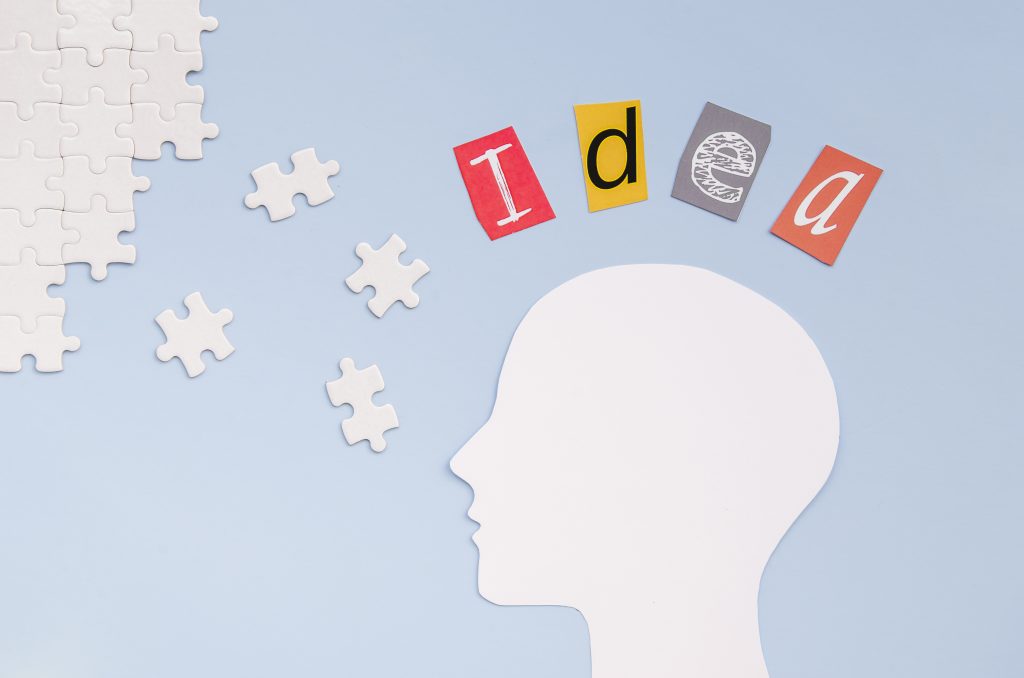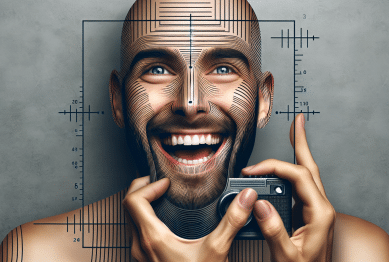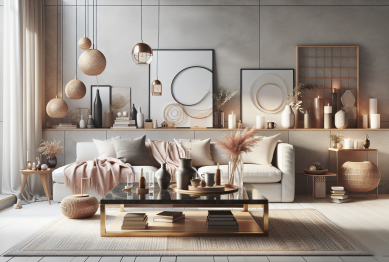
1. Why Simplicity Supports Mental Health
Modern life bombards us with choices, clutter, and screen stimuli, often leading to stress and diminished focus. Experts show that cluttered spaces and overloaded devices raise cortisol, impair decision-making, and reduce well-being (Momo Lifestyle, 2023).
Key benefits of simplification include:
-
Reduced stress: Clearing clutter and notifications restores mental peace.
-
Improved focus: Fewer distractions boost attention span and productivity.
-
Better sleep: Limiting screens helps regulate melatonin and sleep quality.
Embracing simplicity fosters calm and clarity, supporting overall wellness.
2. Underconsumption Core: The Anti‑Buy Movement
A rising social trend called underconsumption core urges people to “consume less, appreciate more.” It advises:
-
Using products longer or creatively repurposing them.
-
Buying intentionally—only what’s needed and lasting .
-
Sharing thrift‑shopping and “finished product” stories, encouraging mindfulness over impulsive hauls.
This movement reduces clutter—both physical and mental—and enhances financial freedom and self-control.
3. Digital Minimalism: Intentional Tech Habits
Coined by Cal Newport, digital minimalism encourages intentional, value-led technology use instead of passive consumption. A growing body of research affirms:
-
Weekly social media breaks improve mood and reduce anxiety .
-
Practicing digital minimalism boosts focus, emotional control, productivity, and life satisfaction.
-
In the UK, 71% of people who decreased phone time report better mental health, sleep, and presence .
Simple steps include scheduling phone-free zones, turning off non-essential notifications, and decluttering apps.
4. Minimalist Design: Calm Through Visual Simplicity
Minimalist design—seen in homes, apps, and workspaces—does more than look good. It reduces cognitive load and creates mental ease:
-
It guides attention to essentials, reducing mental strain .
-
Environments with white space, neutral tones, and clean lines help calm the mind and improve concentration.
-
A clutter-free bedroom promotes better sleep and emotional restoration .
By designing spaces for simplicity, you support mental health and everyday well-being.
5. Voluntary Simplicity: Choosing Less for More
Also called “downshifting,” voluntary simplicity focuses on reducing consumption, working less, and prioritizing life quality:
-
People report deeper satisfaction, stronger relationships, and reduced stress when shifting focus from material wealth to time well spent.
-
Reduced possessions mean less upkeep, freeing time for creative pursuits, leisure, and community involvement.
This lifestyle prioritizes wellness over constant busyness or accumulation.
6. Psychological Mechanisms in Play
6.1 Decision Fatigue
Our mental energy is limited: the more choices we make, the more exhausted we become. Minimalism reduces daily decisions—such as what to wear—preserving cognitive capacities for important tasks.
6.2 Scarcity Mindset
Perceived shortage drives impulsive behaviors. Simplifying disrupts that feedback loop, helping shift from instant gratification to value-driven living.
6.3 Identity and Control
By removing unnecessary possessions and distractions, people align their actions with values, gaining a stronger sense of self and purpose.
7. A Practical Guide to Simplifying
7.1 Declutter Your Physical Space
-
Apply the “keep what you and need” rule (à la Marie Kondo).
-
Donate or sell unused items—reclaim space and mental clarity.
-
Commit to a “one-in, one-out” policy for future purchases to prevent clutter.
7.2 Digitally Declutter
-
Conduct a quarterly audit of apps and notifications—delete what isn’t needed.
-
Schedule device-free zones (e.g., bedroom, dining table).
-
Try periodic digital detoxes—e.g., one tech-free weekend—and observe mood improvements .
7.3 Choose Intentional Consumption
-
Define criteria before buying: durability, necessity, value.
-
Participate in underconsumption challenges—skip trends, finish old products, share second-hand finds.
-
Buy second-hand or borrow when possible to reduce waste and clutter .
7.4 Design Spaces for Stillness
-
Opt for neutral tones, functional furnishings, and minimal décor.
-
Keep bedrooms as restful zones—limit devices and distractions.
-
Embrace biophilic touches (plants, natural light) to enhance calm .
8. Balancing Simplicity and Realism
Simplicity isn’t one-size-fits-all. For some, rigid minimalism can feel overwhelming or impractical—especially for parents or creative professionals. The key is intentional simplicity, tailored to your life, priorities, and responsibilities.
9. Future Outlook: Simple Wellness in 2025
-
Wellness apps now incorporate mindfulness, tech-boundaries, and habit tracking to support behavior change.
-
Design trends continue emphasizing calm minimalism and biophilic integration.
-
Research in 2025 increasingly validates simplicity as a driver of emotional resilience, life satisfaction, and meaningful habits.
Conclusion
References
- Momo Lifestyle. “The Impact of Minimalism on Mental Health.” 2023. https://momo-lifestyle.com
- Psychology Today. “Underconsumption Core: Just Another Fad?” 2024. https://www.psychologytoday.com
- Real Simple. “TikTok’s ‘Underconsumption Core’ Trend Could Help You Declutter Your Life.” 2024. https://www.realsimple.com









